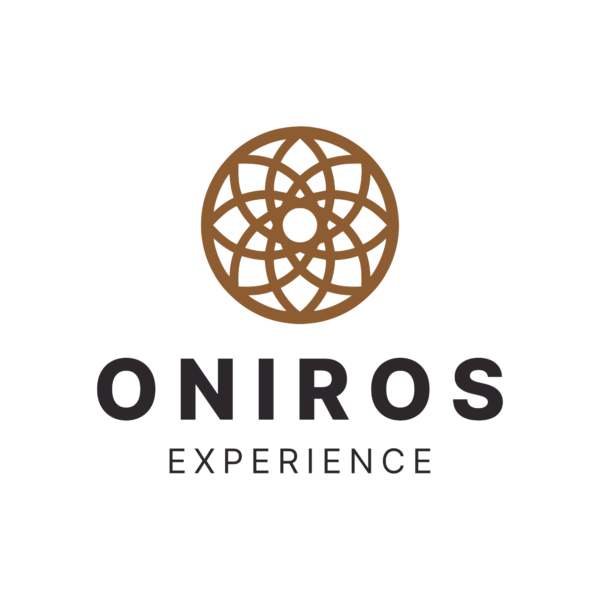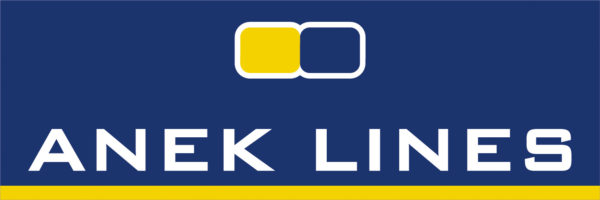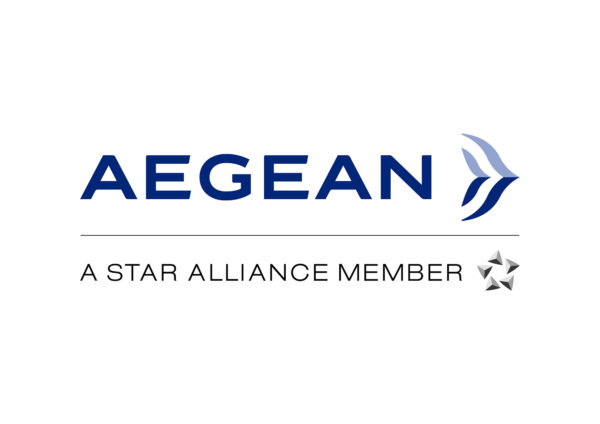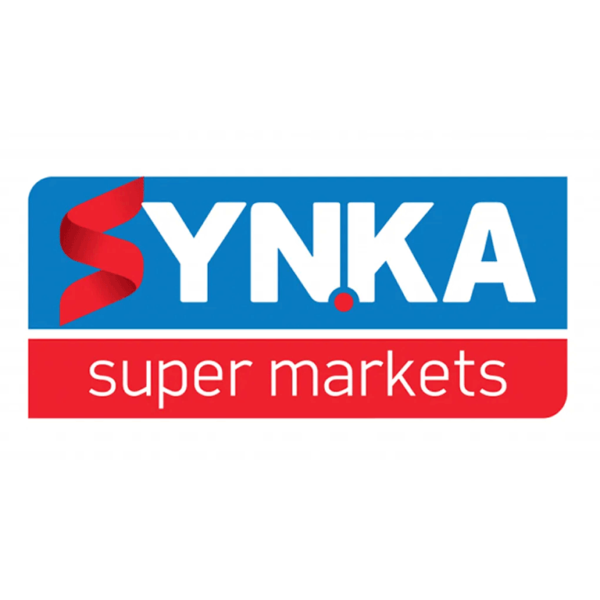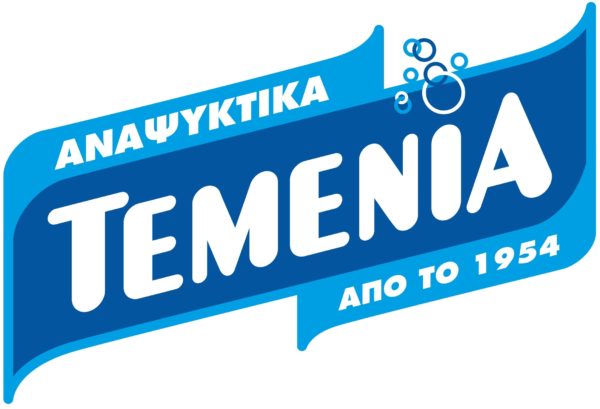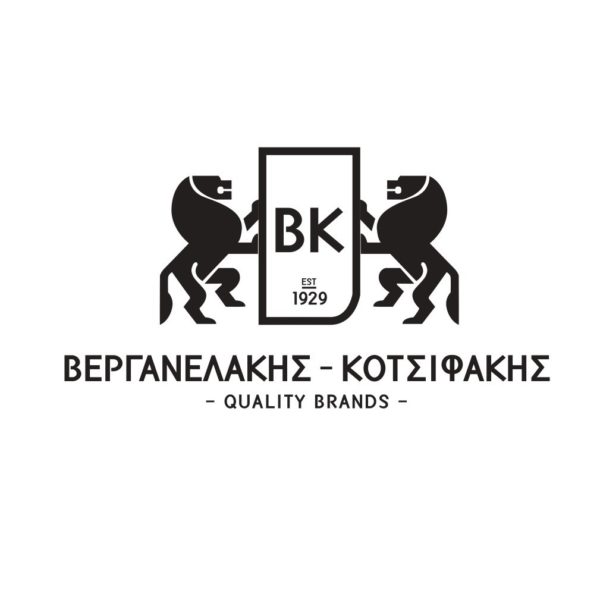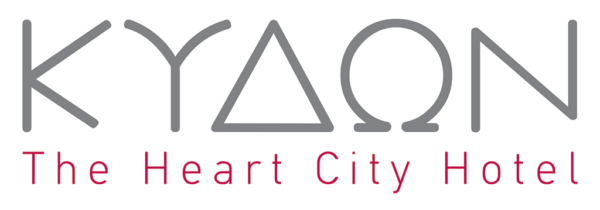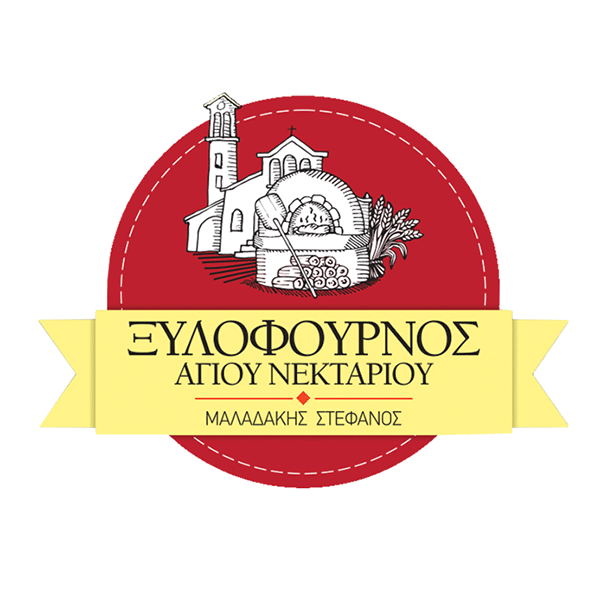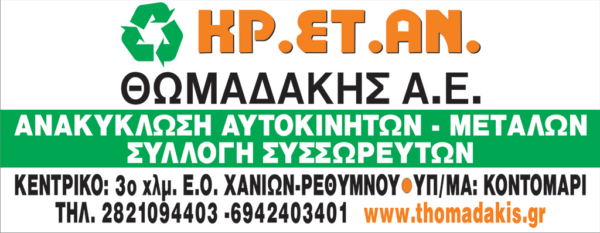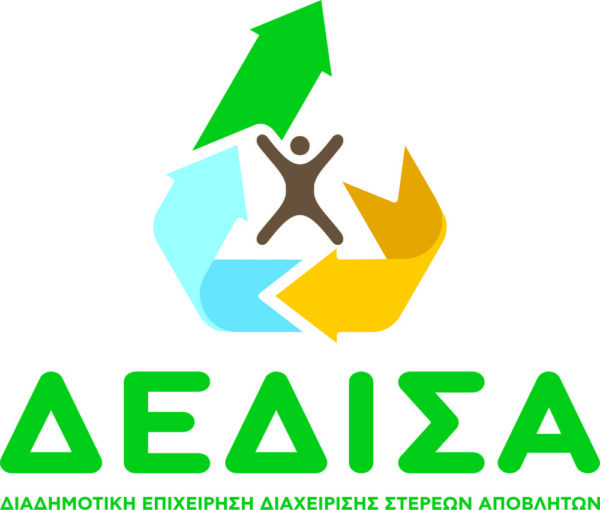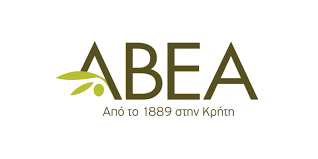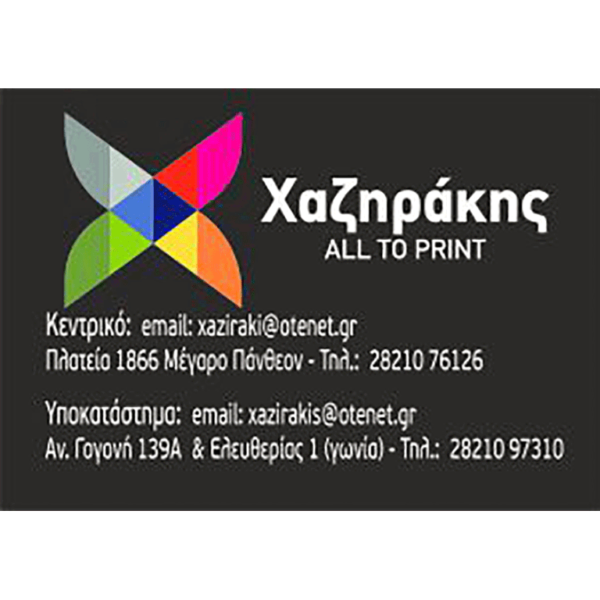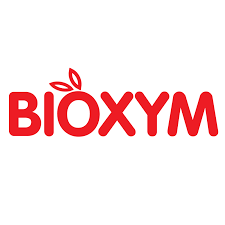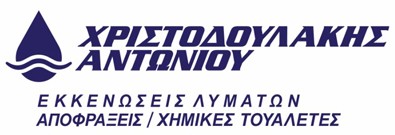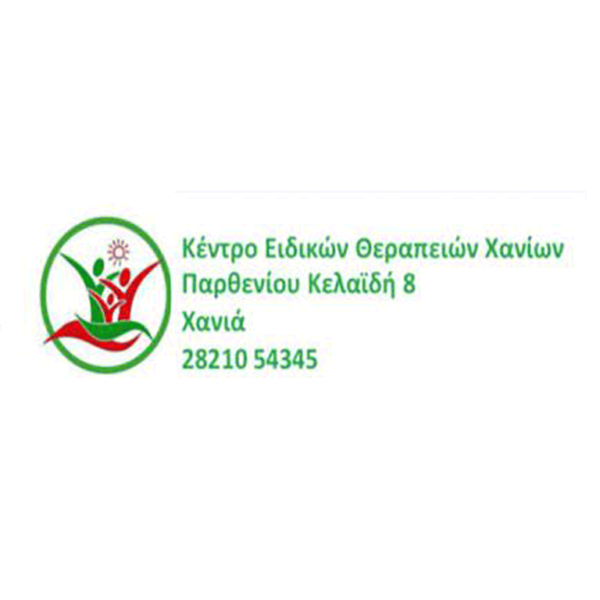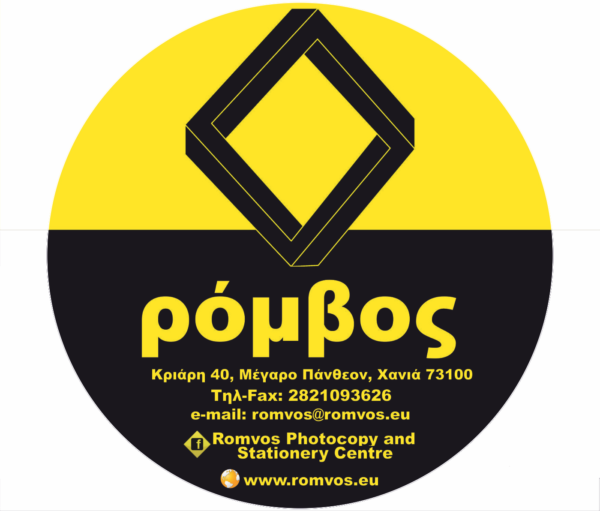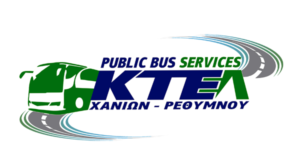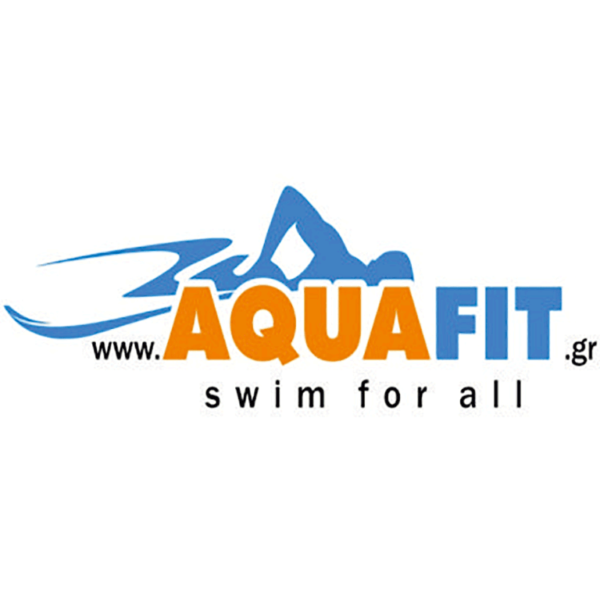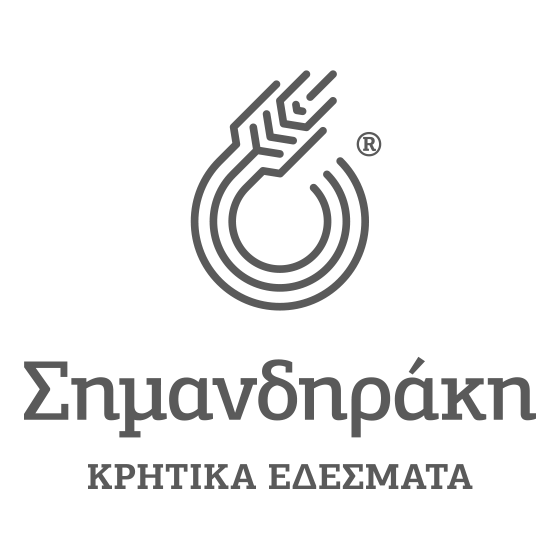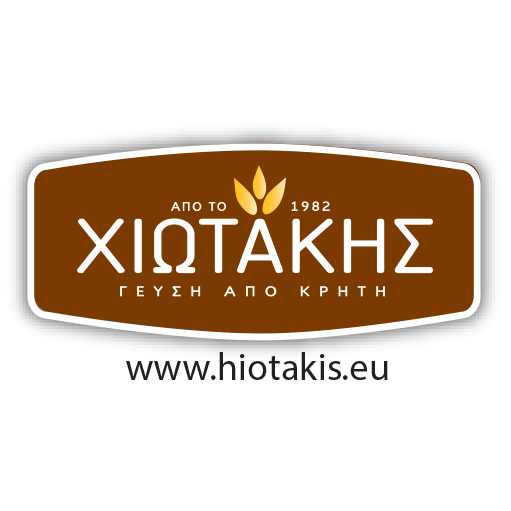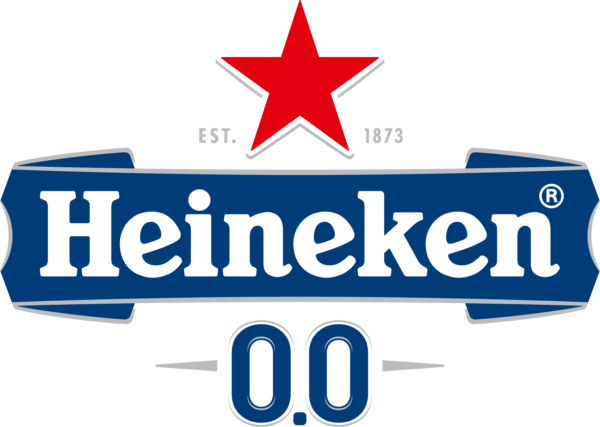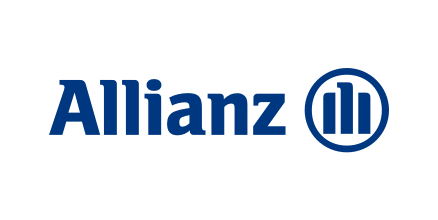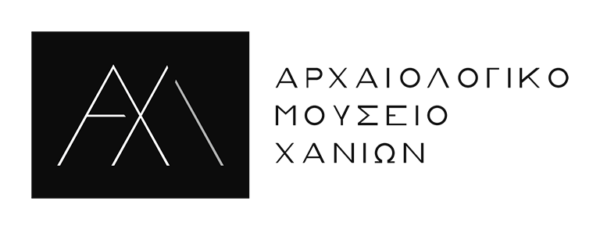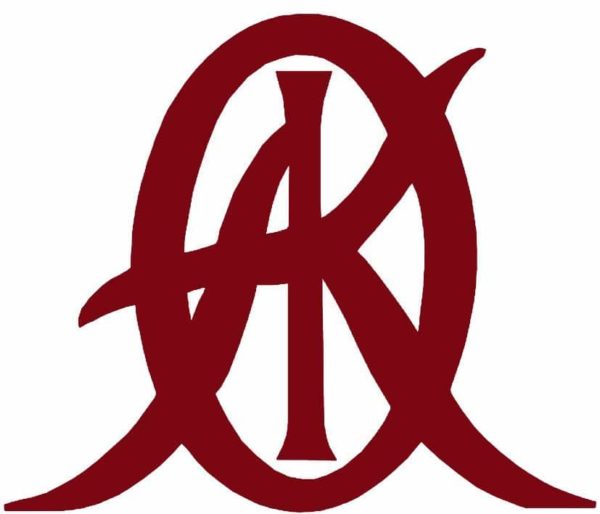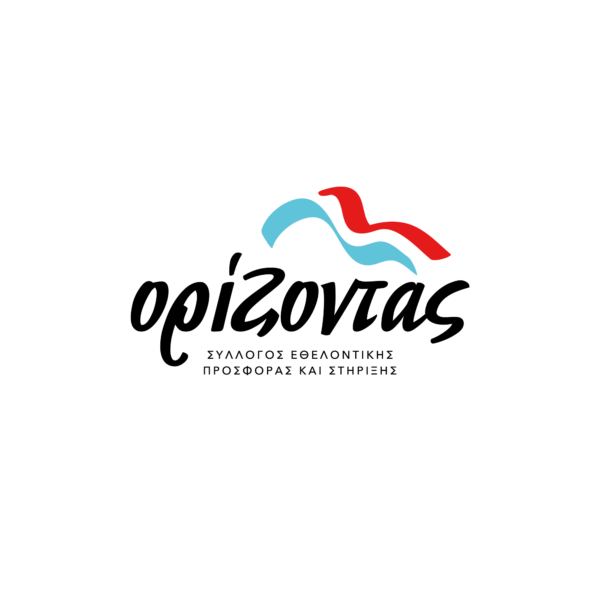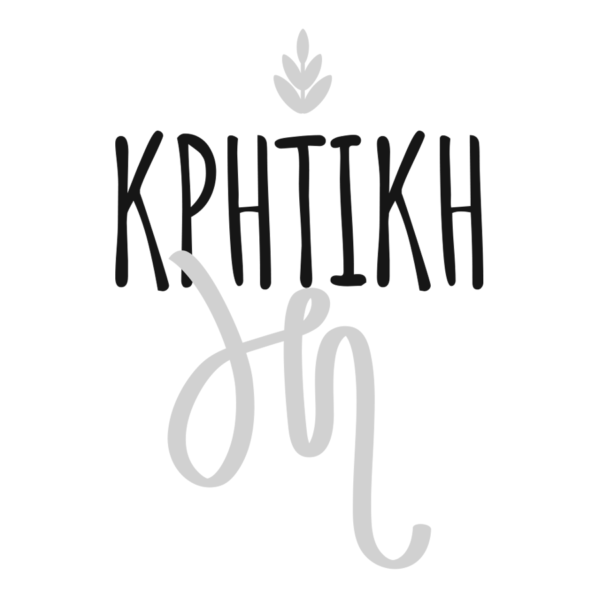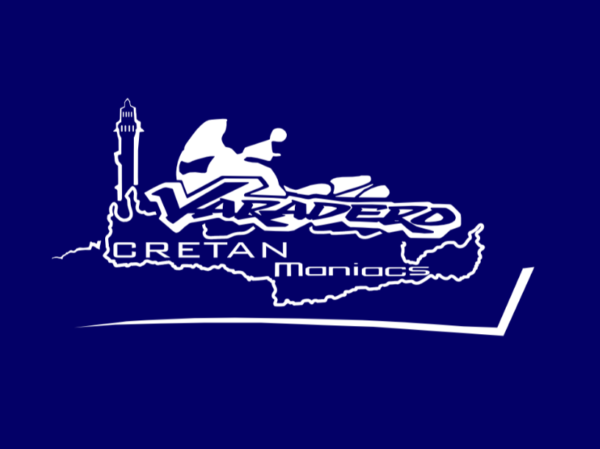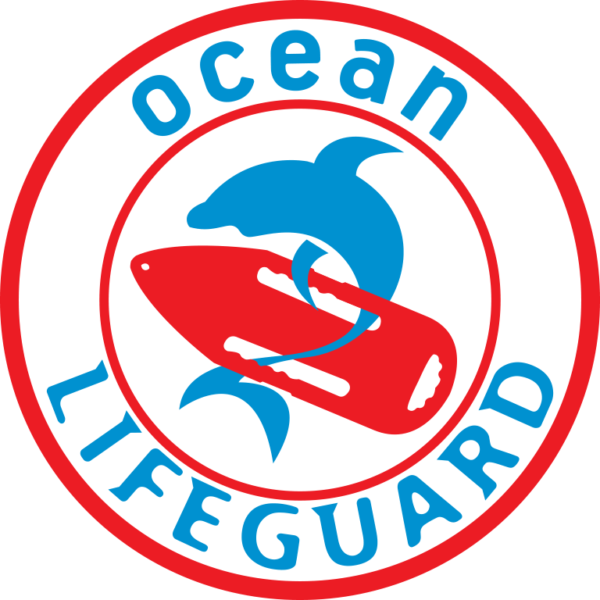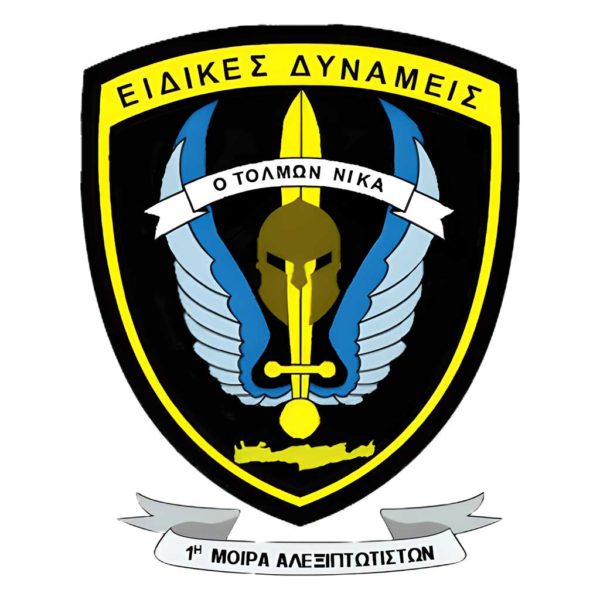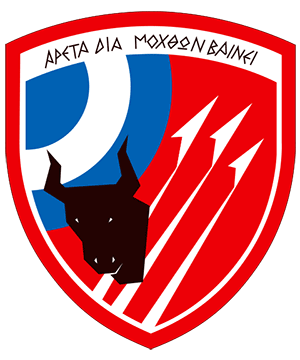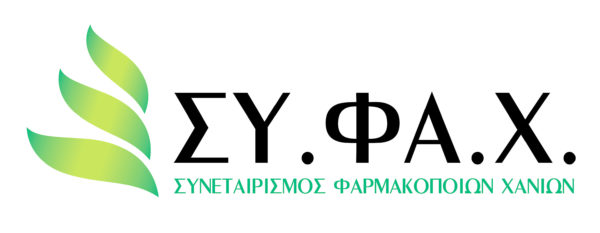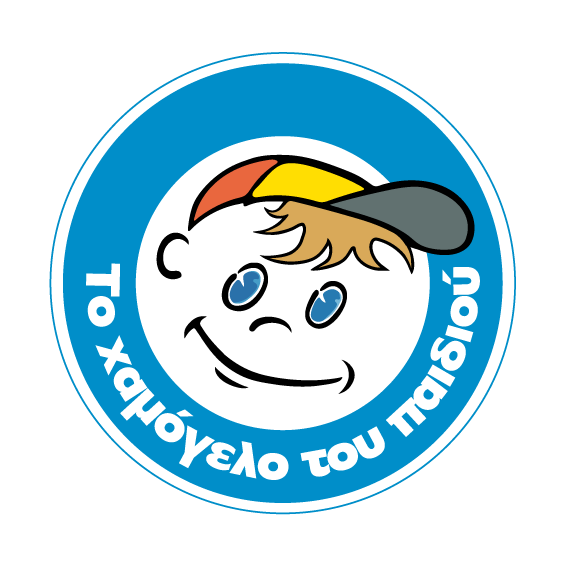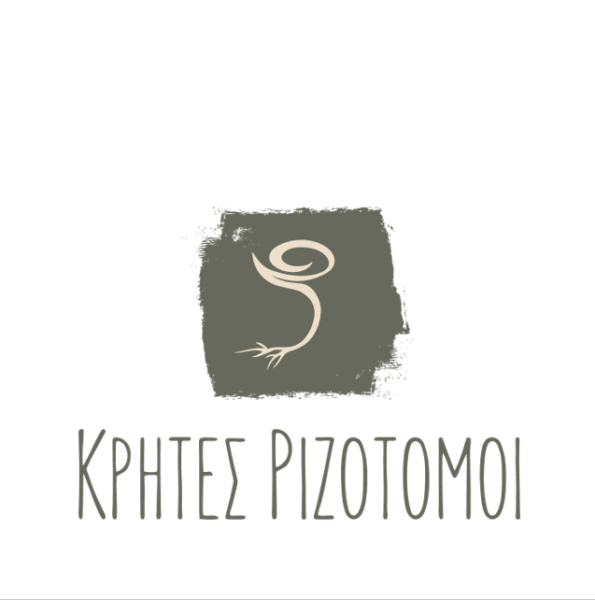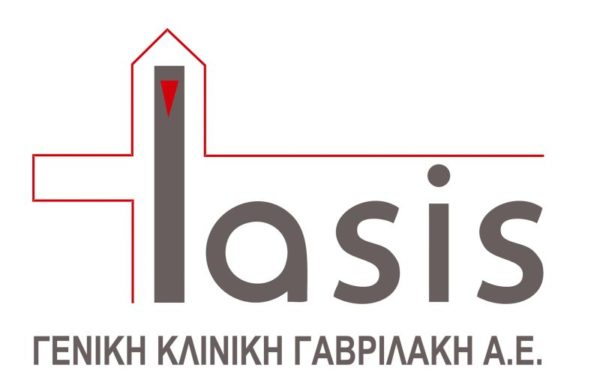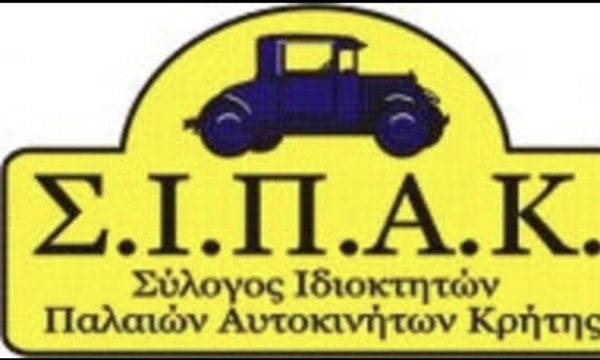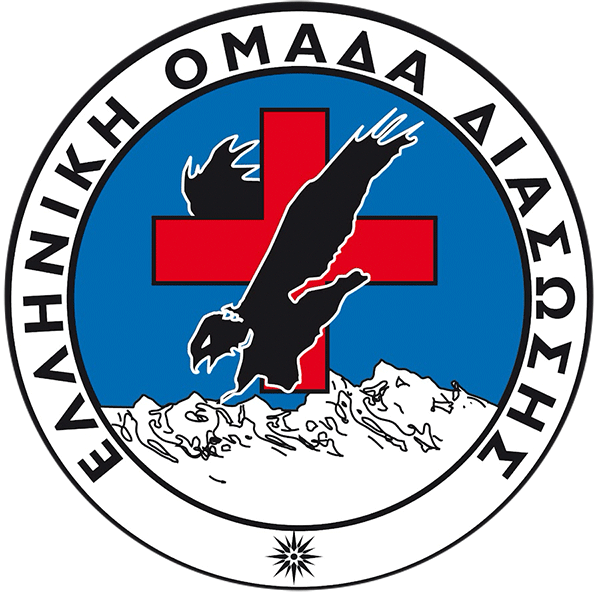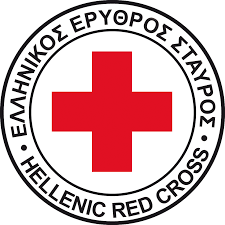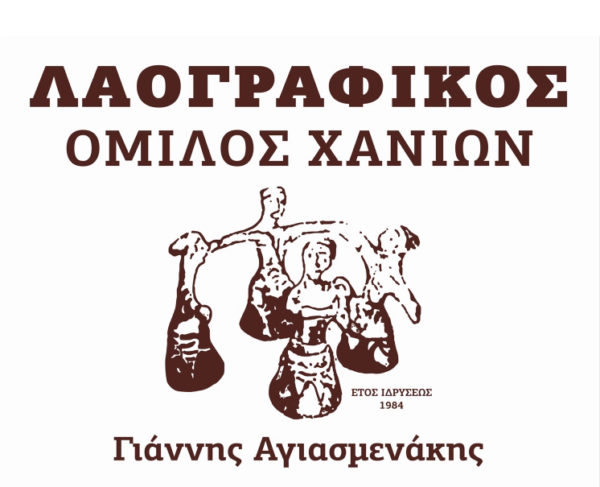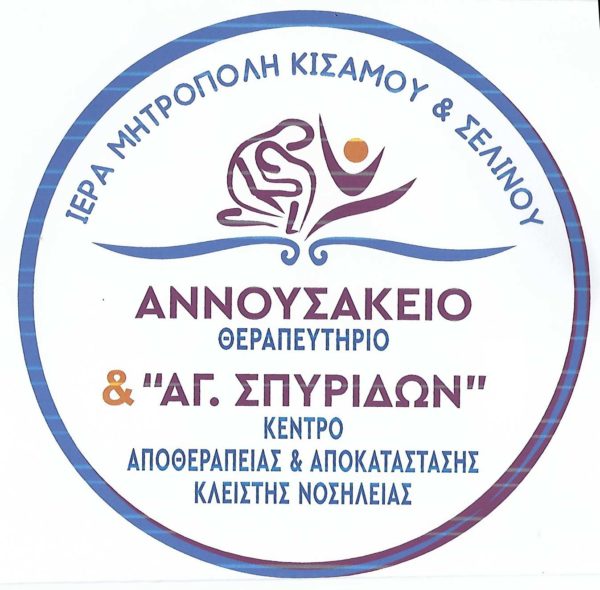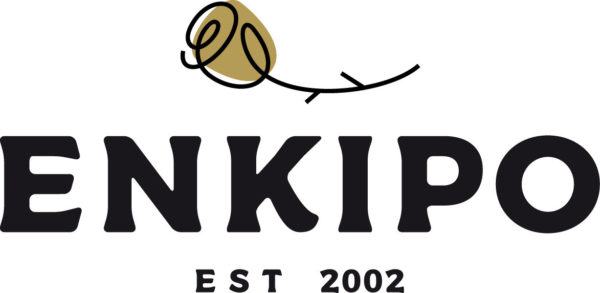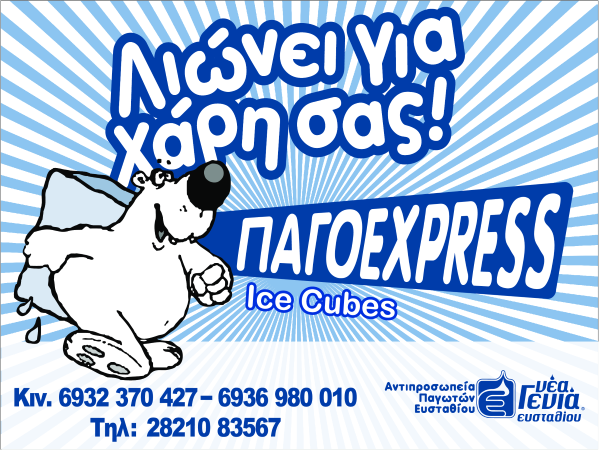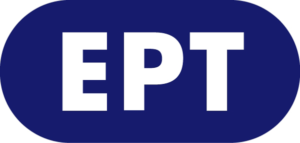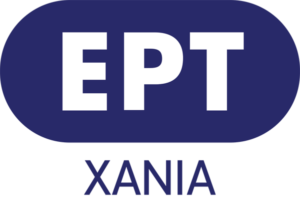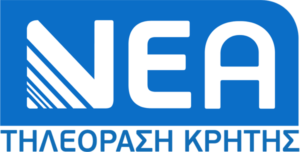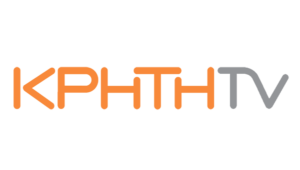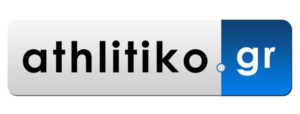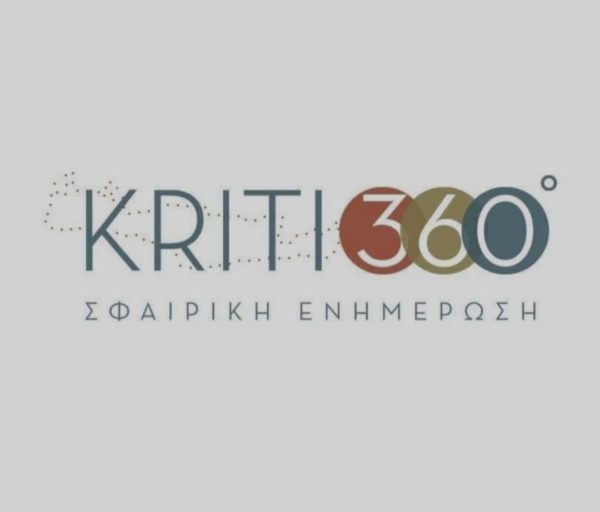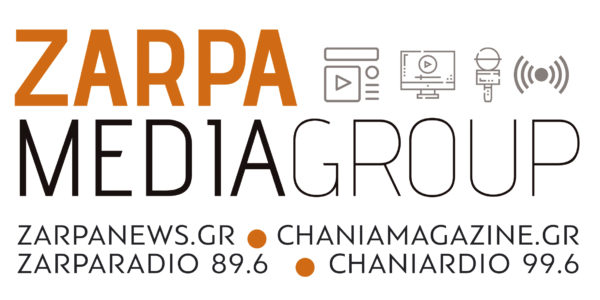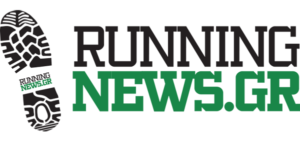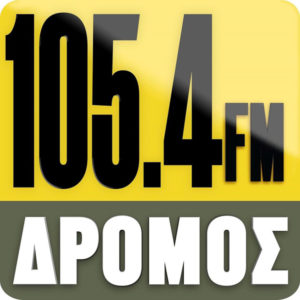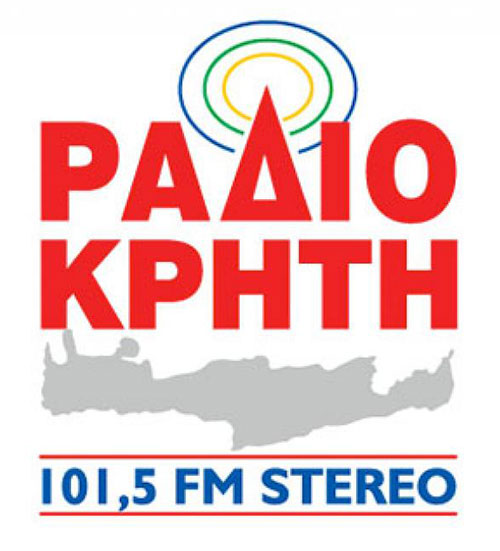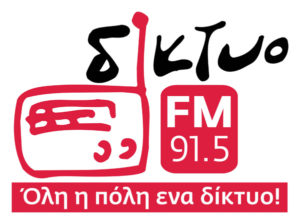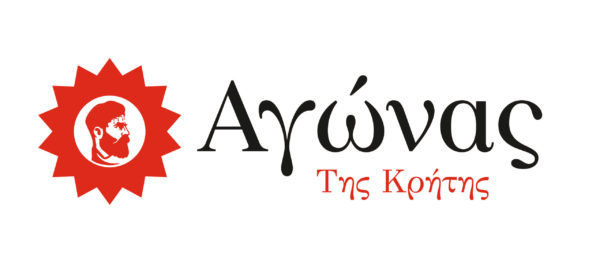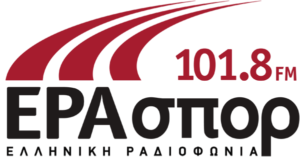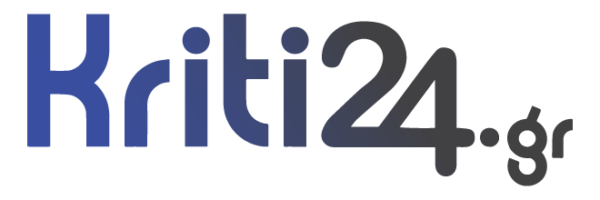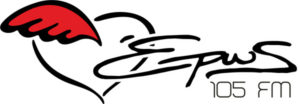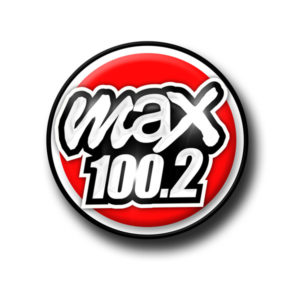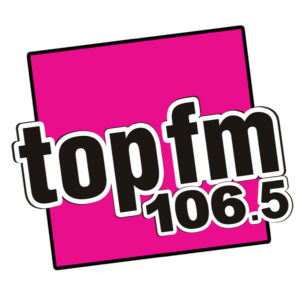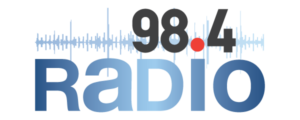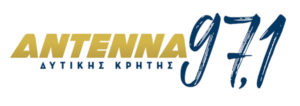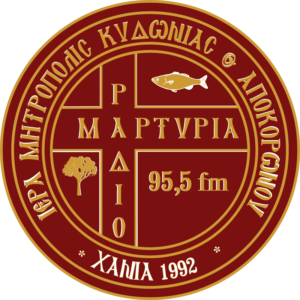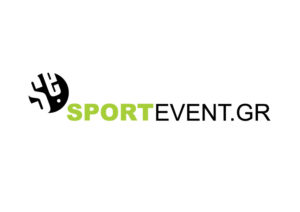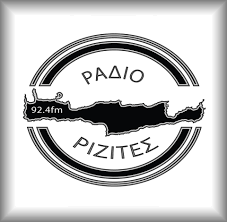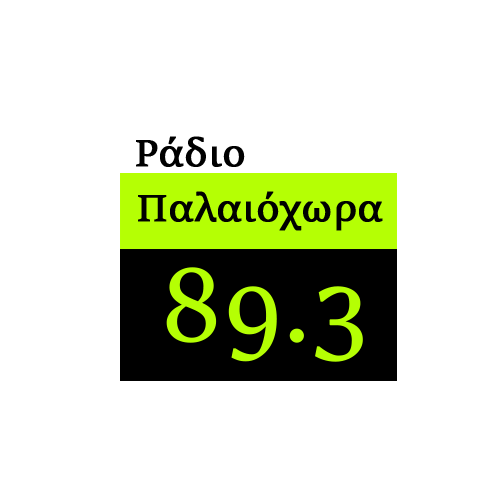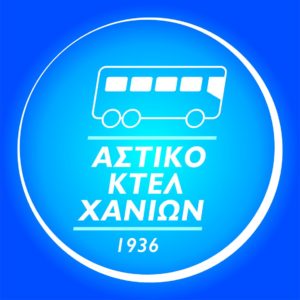Nutrition
The purpose of the following dietary recommendations is to help the runner to achieve the desired race effect by applying a specific dietary strategy prior and on the day of the race. It also helps participants to avoid unwanted situations such as the “nailing”, where in the athletes’ language it is described as “HITTING THE WALL” which is nothing more than the result of muscles’ and liver glycogen depletion in the body.
The main nutritional goal of the participant should be the maximization of the glycogen stores. This goal can be achieved by applying one of the modified dietary protocols, which:
- are intended to replenish glycogen stores, and
- include a gradual increase in carbohydrate intake while reducing training volume.
Thus, about 3 days before the race day, the carbohydrate intake (e.g. potatoes, pasta, bananas, sport drinks) gradually increases from 50% to about 70-75% of daily energy intake.
It is emphasized as it is very important that any dietary choice must have been tested during the preparation period of the participant for the race and avoid anything that is not familiar to him/her on the day of the race.In particular you should consider the following in relation to individual meals on the race day:
Pre-race meal
This meal prepares the athlete for the upcoming activity.
- Pay attention to the size of the meal and the time it will be consumed relative to the start time of the race.
- A meal is recommended 2-3 hours before the start of the race with emphasis on low glycemic index complex carbohydrates.
- The meal should: a) be moderately high in protein, b) be adequate in liquids, c) contain no fat and fiber in order to minimize gastrointestinal disorders.
- Especially in the hydration of the participant we take care of:
- Drink plenty of fluids 24 hours before the race.
- Intake of 400ml to 600ml of fluid 1 hour before exercise.
During the race
There are two main goals to be achieved:
- Intake of sufficient fluids to restore fluid loss through sweating during the exercise.
- Maintain blood glucose levels by providing carbohydrates to the body.
Generally are recommended:·
- 150 – 350 ml of fluid every 15 ′ – 20 ′ minutes during the race.
- 30 – 60 g carbohydrate / hour, equivalent to 600 ml of sports drink or 250 ml of energy drink.
Indications of Dehydration
Difficulty in concentrating, fatigue, dizziness, nausea, cramps.
Caution: Excessive water consumption can lead to a potentially dangerous condition called hyponatremia.
After the race
The goals of a recovery meal should be:
- The replenishment of energy with digestible carbohydrates.
- Hydration with liquids and electrolytes.
- Recovery of muscle tissue through protein intake.
In particular, for the first 30 minutes after the end of the race it is advisable to:
- Consume a snack containing 2-4 parts carbohydrates and 1 part protein to achieve optimal recovery.
- Consume at least 450 – 675 ml of liquids for every 0.5 kg of body weight to compensate for sweating losses.


